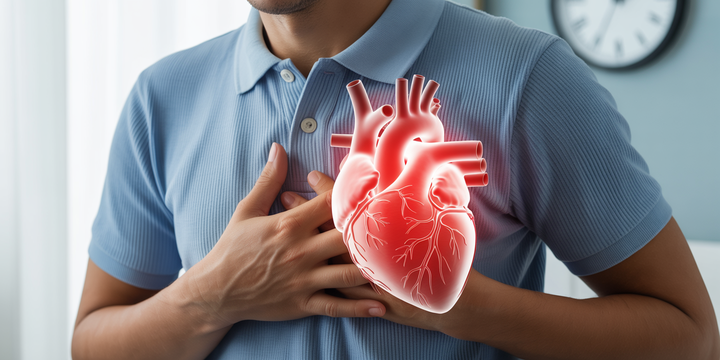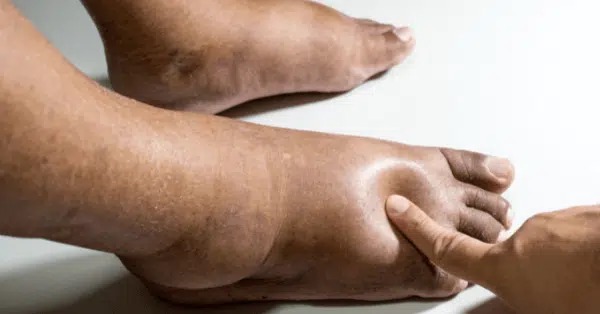
Key Takeaways
- Be aware of physical signs like changes in your skin or hair.
- Recognize symptoms such as shortness of breath or chest pain.
- Prevention is crucial: exercise, eat well, and monitor your health.
7 Warning Signs Your Heart Might Not Be Well

1. Frank’s Sign
2. Hair Loss on Legs
3. Xanthelasma
4. Arcus Senilis
5. Cyanosis
6. Non-Healing Ulcers
7. Swelling in Legs and Ankles
7 Symptoms of Heart Problems
1. Shortness of Breath
2. Persistent Cough
3. Difficulty Breathing When Lying Down
4. Generalized Weakness
5. Nocturia
6. Intermittent Claudication
7. Chest Pain
How to Prevent Heart Problems

Prevention is always better than cure. Here are some tips to help you maintain a healthy heart:
-
- Stay Active: Regular exercise is vital for heart health. Aim for at least 150 minutes of moderate aerobic activity each week.
- Quit Smoking: If you smoke, seek help to quit. Smoking is a major risk factor for heart disease.
- Maintain a Healthy Weight: Being overweight can strain your heart. Focus on a balanced diet and regular exercise to manage your weight.
- Eat a Heart-Healthy Diet: Incorporate plenty of fruits, vegetables, whole grains, and healthy fats into your meals. Limit processed foods and red meat.
- Monitor Your Family History: If heart disease runs in your family, be proactive about your health. Regular check-ups can help catch issues early.
- Manage Cholesterol and Triglycerides: Keep an eye on your cholesterol levels and make dietary changes if necessary. Medication may also be needed in some cases.
- Control Blood Sugar Levels: If you have diabetes, managing your blood sugar is crucial for heart health.
- Keep Blood Pressure in Check: Aim for a blood pressure reading below 120/80 mmHg. Regular monitoring can help you stay on track.
